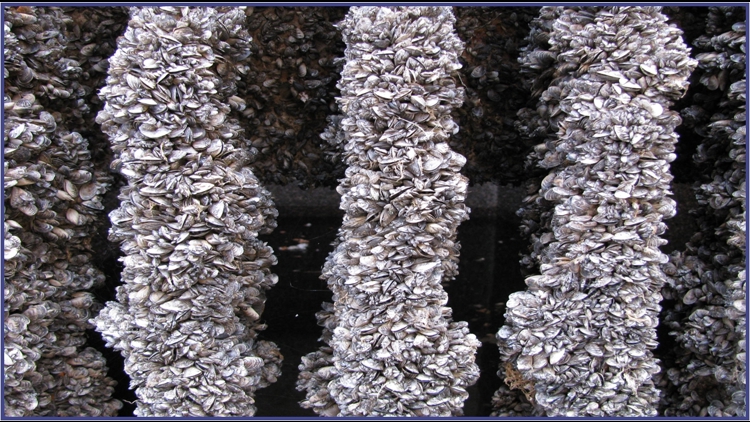OLYMPIA, Wash. — The Washington Invasive Species Council and the Washington Department of Fish and Wildlife (WDFW) are asking boaters to follow the “Clean, Drain, Dry” protocol for all boats and equipment in order to prevent the introduction or spread of invasive species in Washington’s waterways.
“We need your help to protect Washington waters,” said Stephanie Helms, executive coordinator for the Washington Invasive Species Council. “And the best way for any Washingtonian to help protect our waterways from hitchhiking invasive species is to take simple steps to Clean, Drain and Dry your boat.”
Here are simple actions to Clean, Drain and Dry watercraft and equipment:
Clean shoes, waders, life vests, boat hulls and engines, trailers and other equipment by removing all visible plants, algae and mud. Use a stiff-bristled brush to clean equipment.
Drain any accumulated water from boats or gear–including water used in cleaning–before leaving the vicinity.
Let boats or gear fully dry before using again.
Invasive species, which include aquatic plants and animals, can attach themselves to surfaces of boats and other equipment including kayaks, paddle boards and even water boots.
According to a press release from the WDFW, some aquatic species such as zebra and quagga mussels, can grow quickly and take over habitats by crowding native species. The WDFW claims that these plants can grow so densely that it may clog boat engines and make swimming difficult and unpleasant.
The WDFW inspects boats and other watercraft for aquatic invasive species regularly at five watercraft check stations. According to a press release from the WDFW, the department inspected more than 58,000 watercraft in 2024 and intercepted 25 mussel-fouled watercraft that were then cleaned and decontaminated.
This month, the WDFW received $3.6 million in state and federal funding to increase monitoring, prevention and response readiness for zebra and quagga mussels in the Snake and Columbia Rivers, and within other watersheds across the State.
“Quagga and zebra mussels will be a multimillion-dollar problem annually if they are introduced to our lakes and rivers,” said Justin Bush, WDFW’s aquatic invasive species policy coordinator. “They would require expensive and ongoing maintenance at water facilities such as dams, irrigation systems and fish ladders, and also could harm the environment including salmon recovery. It is estimated that the invasive mussels would cost more than $100 million a year just for hydropower and water infrastructure alone.”
It is illegal to transport invasive species between bodies of water and violators could face a year in jail and up to $5,000 in fines. To report aquatic invasive species, call 1-888-WDFW-AIS or email ais@wdfw.wa.gov.
For more information on invasive species, visit the WDFW’s website.
RELATED: To save spotted owls, US officials plan to kill hundreds of thousands of another owl species
DOWNLOAD THE KREM SMARTPHONE APP
DOWNLOAD FOR IPHONE HERE | DOWNLOAD FOR ANDROID HERE
HOW TO ADD THE KREM+ APP TO YOUR STREAMING DEVICE
ROKU: add the channel from the ROKU store or by searching for KREM in the Channel Store.
Fire TV: search for "KREM" to find the free app to add to your account. Another option for Fire TV is to have the app delivered directly to your Fire TV through Amazon.
To report a typo or grammatical error, please email webspokane@krem.com.



